By Lovina Englund, Executive Director
Nothing fully prepares a person to step into a new job. Prep for the interview—check. Read articles, books, blog posts—check. Talk to friends and colleagues—check. No matter the amount of time you put in preparing, so much is new.
Deep down, nothing inspires me more than doing conservation work in a community (why I love this job!). As I say that, it has meaning, but what does it really mean? What is community conservation? I didn’t really know how to define it, but I knew that it is at the core of the Palouse Land Trust mission.
As views go, this one's pretty OK. B-Bar Ranch, Montana
By far and away one of the best things I’ve done since I started my new job was to spend some time away from the office at a retreat. Stay with me here. I promise it wasn’t the kind of retreat where you spend your days lazily basking in the sun with a good book and cold beverage. If fact, it was quite the contrary, albeit the breathtaking scenery was in a league all of its own. The days were packed. The discussions were deep. I was inspired by work being done by land trusts across the west.
Each year, the Land Trust Alliance hosts a western region retreat where the emphasis is on submersion into a topic or movement of significance across the nation. On the second week in my job I got to join with executive directors from other land trusts across the west to learn, explore, and innovate around the topic of community conservation.
I came out of the retreat with a peer group who shares excitement and commitment to community conservation. How lucky was I? I got to learn directly from the people who have been in their jobs for over a collective century!
I dug a little deeper. What I discovered has resonated with me, giving me a different set of lenses to picture our community in the future. Conservation in our region is unique because of the people who live here—together with the lands that surround us—are like no other place. We have meaningful work to do to enhance our capacity to sustain healthy, sustainable landscapes. How we go about this means that we have to be inclusive and engage voices from within our collective urban and rural communities in a forward-thinking way.
For conservation to be meaningful, relevant, and permanent, it takes an entire community.
We are in the business of land conservation, forever, and we have much to be proud of. We have helped create and expand iconic places and open spaces for local residents and visitors to enjoy and appreciate the environmental benefits. This traditional project work will not change. But we intend to use our strengths to prioritize projects that are community driven and have more direct benefits to local residents.
We are building new partnerships with other local organizations that meet public health, education, and community advocacy needs. We are seeking funding for projects that support a healthy community where people have a deep appreciation for the land and connection with nature.
Reflecting back to my time at the retreat, I recall powerful stories that not only informed me about what is possible, but inspired me. Connecting with nature is powerful. I’m so fortunate to know this and teach this to my daughter. In my new role, and with your help, I know we will see many successes in our work. Check out our community vitality initiative to see what we are up to. As always, my door is open if you have ideas to share.
To read a recent national study about American’s disconnection to nature, visit http://NatureOfAmericans.org.



